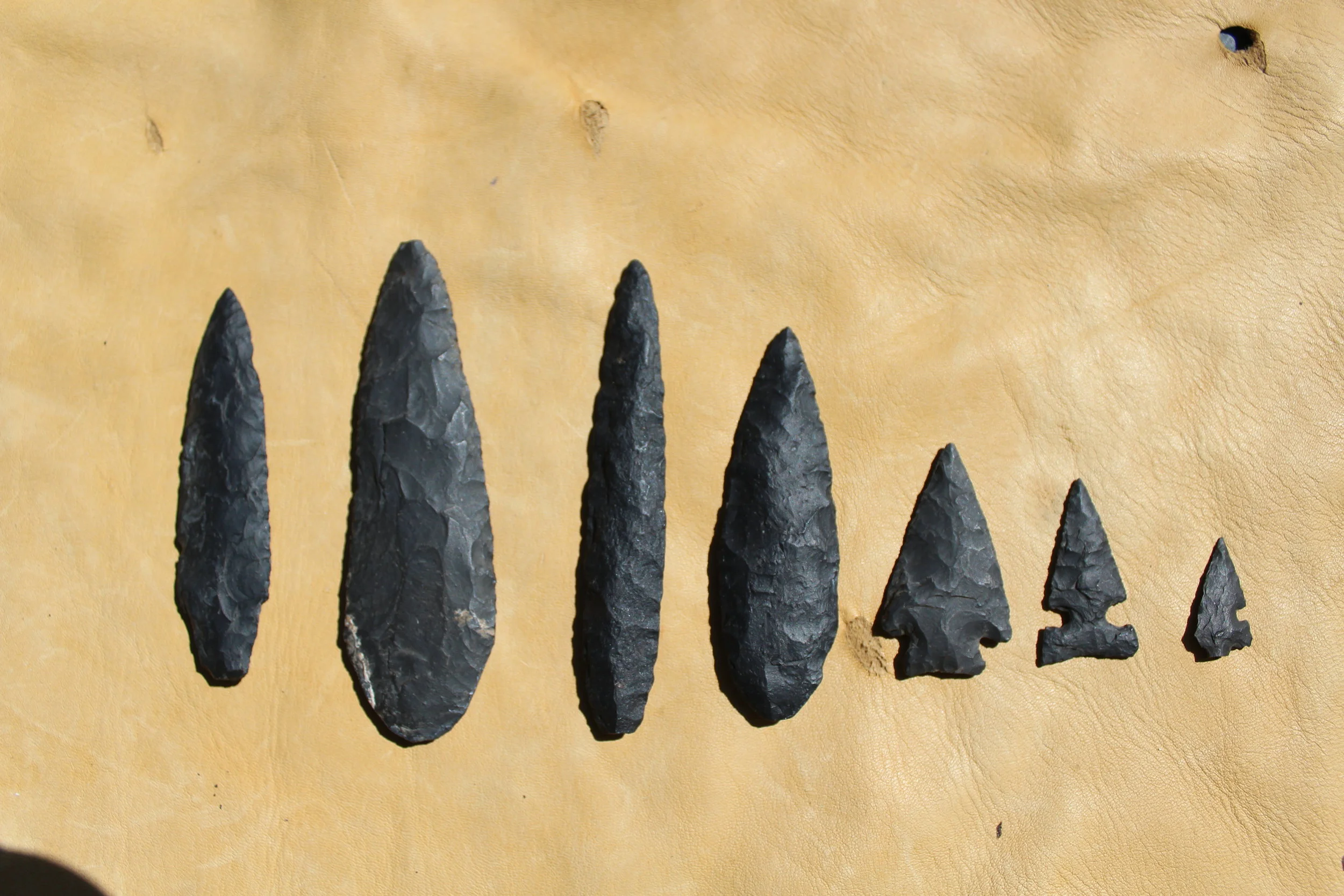by Nola Markey, Archaeologist and Brian Finlay, Skwlax Aboriginal Interest Department
Little Shuswap Lake Indian Band would like to express their appreciation to the Boyd Family who recently submitted an artifact collection to the community. The Boyd’s have lived along Little Shuswap Lake for just over 50 years and during this time found numerous stone tool artifacts near their property. Some of the tools included arrowheads and spear points, scrapers, utilized flakes, fishnet sinkers, and gaming pieces, made from a variety of materials such as chert, chalcedony and basalt. To Indigenous groups, such artifacts are a significant part of their cultural identity and connection to their ancestors. These types of artifacts, uncovered at an archaeology site, are also important to archaeologists as they provide clues in explaining how people lived in the ancient and recent past.
Many artifacts are found accidentally. Furthermore, construction crews find artifacts when they are building roadways or digging up an area to lay foundations. Farmers find sites when they plow their fields or homeowners clearing a field to build a vegetable garden. Archaeologists will get telephone calls from people who stumble across an artifact or site while they were out hiking. Of course, there is a darker history of purposely looting a site and selling artifacts, which is not permitted as artifacts are protected under provincial heritage legislation. Preserving artifacts and protecting sites is paramount to archaeologists and Indigenous communities.
Today, many Indigenous communities work closely with archaeologists to develop comprehensive heritage management processes. Some of these processes include developing their own cultural heritage policies, building their own artifact and research repositories, museums and cultural centres, including repatriating artifacts lost to museums from other countries. To Indigenous communities, these artifacts are not merely “things”, they provide a sense of pride and are a testament of the knowledge and achievements of their ancestors. There are stories linked to the places where artifacts are found, offering a sense of place called home or re-affirming their spiritual practices from the past to present.
Once again, Little Shuswap Lake Indian Band, a member of the Secwepemc Nation, would like to thank the Boyd family for taking good care of the artifacts over the years and are pleased that they will remain in their homelands. The artifact assemblage will be documented as the “Ann Boyd Collection” and they will be catalogued and safely stored. We recognize that the preservation and study of artifacts are important for the survival of our cultural identity, and we will use the artifacts for research, training and other educational purposes. We encourage others who have private collections to contact us. Little Shuswap is currently working on registering a repository with the province with a long-term goal of building a museum and cultural centre. The cultural centre will showcase our culture, skills, crafts, art, songs, dance, spirituality and more. It will also bring back the “spirit of hope and pride, and awaken the strength of our community.”


